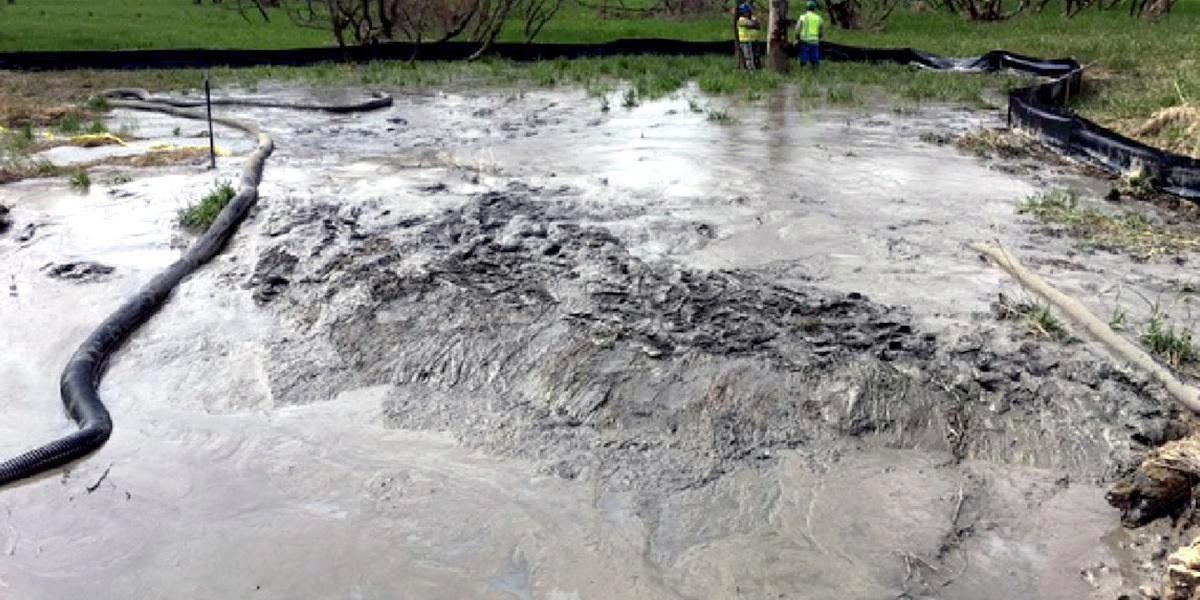Reposted with permission from EcoWatch.
Energy Transfer Partners‘ controversial $4.3 billion Rover pipeline has more negative inspection reports than any other major interstate natural gas pipeline built in the last two years, according to a new Bloomberg analysis.
The 713-mile pipeline, which will carry fracked gas across Pennsylvania, West Virginia, Ohio, and Michigan and Canada, has been stalled from numerous environmental violations, including a 2 million gallon drilling fluid spill into an Ohio wetland in April.
Rover has accrued 104 violations since construction of the $4.2 billion project started in March.
That’s more negative reports than the next four pipeline projects combined, including Williams’ Virginia Southside Expansion (26 reports), Enbridge’s Algonquin Incremental Market (24), Williams’ Dalton Expansion (23), and Enbridge’s Sabal Trail (18).
LATEST: Rover pipeline has more env. violations than any other nat gas line built since 2015, w/ @naurtorioushttps://t.co/TmRpBsVufc pic.twitter.com/Ub3anjV9xm
— Catherine Traywick (@ctraywick) August 17, 2017
In May, the Federal Energy Regulatory Commission rejected Energy Transfer’s request to resume horizontal directional drilling at two sites for the Rover pipeline after numerous leaks into Ohio’s wetlands as well as various Clean Air and Clean Water Act violations across the state.
Blackstone announced last month it was spending $1.57 billion for a 32 percent stake in the troubled project.
“Rover will be built in compliance with all safety and environmental regulations and in some instances we will exceed those requirements,” Energy Transfer spokeswoman Alexis Daniel told Bloomberg in response to the violation tally.
Energy Transfer owns about 71,000 miles of natural gas, natural gas liquids, refined products, and crude oil pipelines across the country and is the same company behind the Dakota Access pipeline. Citing numbers from the Pipeline and Hazardous Materials Safety Administration, TheStreet reported in June that the Dallas-based firm spilled hazardous liquids near water crossings more than twice the frequency of any other U.S. pipeline company this decade.
But spills are not the only problem. A June study by Oil Change International highlighted how the Rover pipeline will fuel a massive increase in climate pollution, causing as much greenhouse gas pollution as 42 coal-fired power plants — some 145 million metric tons per year.
Main image: Richland County Wetland destroyed by spilled drilling fluids during construction of Rover Pipeline, April 14. Credit: Sierra Club
Subscribe to our newsletter
Stay up to date with DeSmog news and alerts






